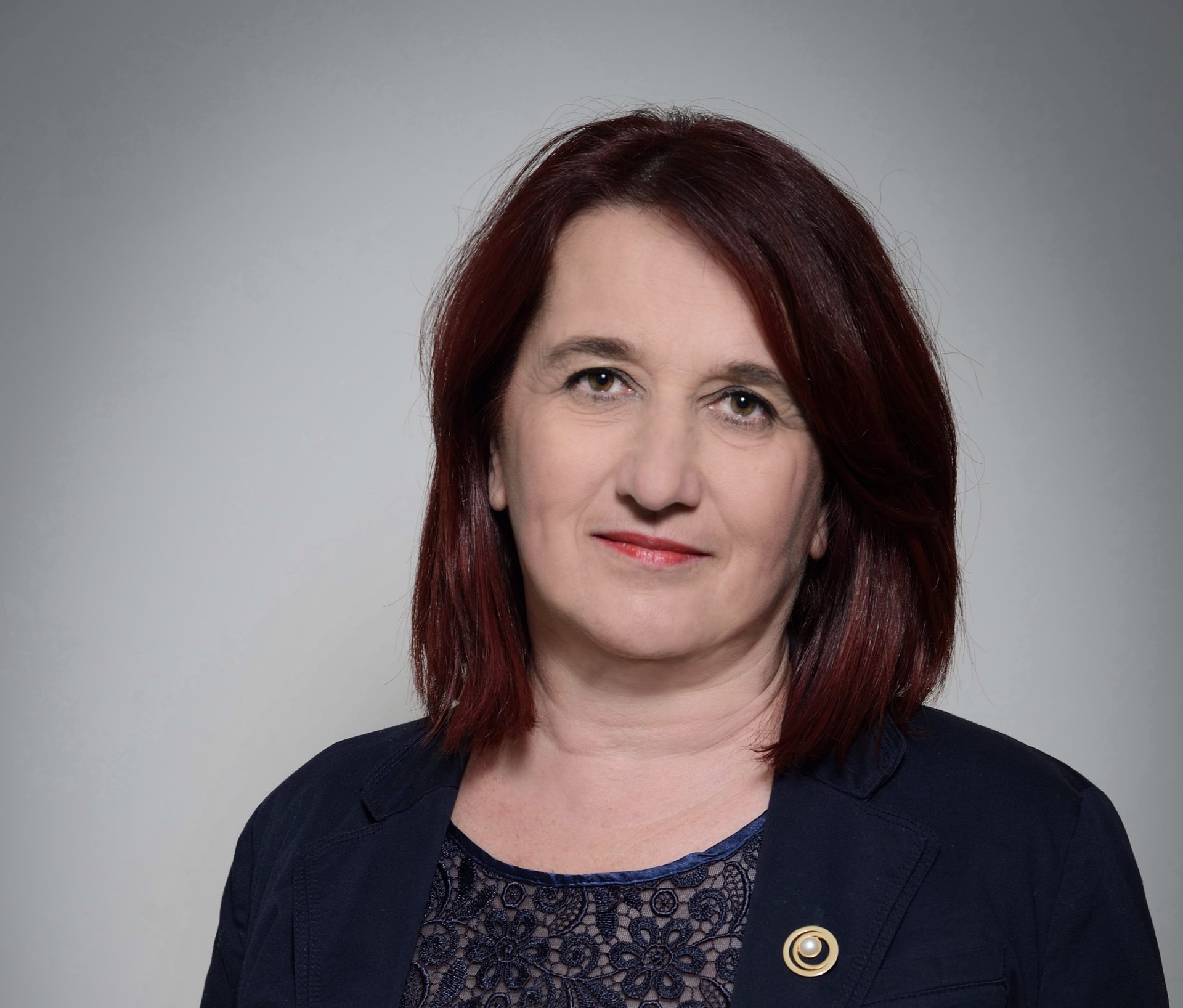
It isn’t easy being a woman in today’s world, but the increasing differences in the treatment of women and men have a significant impact on the statistics on women’s employment in Bosnia and Herzegovina.
“Women are predominantly employed in lower-paying job sectors, such as education, social care, or retail. In addition, women work lower-paying jobs because they are positioned lower on the hierarchy spectrum,” M.Sc. Vesna Vučemilović, who wrote a paper on the topic titled “The discrimination against women in the labor market with a focus on the case of Croatia”, told Balkan Diskurs.
Gender inequality is especially pronounced in BiH, which is still dominated by patriarchal norms. According to data from the International Labor Organization, women earn 77% of what men earn and it would take seventy years to eliminate this difference, Vučemilović says.
Discrimination against women is also reflected in the division of men’s and women’ affairs, Dr. Daniela Jurčić claims.
“Women are engaged in activities that are less valued, but also lower-paid. Among the most common forms of discrimination against women in the labor market include wage differences, the unequal status of men and women in terms of access to employment, discrimination related to advancement within the organizational structure, and the like,” says Dr. Jurčić.
Even in the 21st century, women are still suppressed and all but excluded from a number of major social events in BiH. There is also an attitude of male domination over women that takes power away from women in a number of ways and, therefore, convinces them that they are the inferior sex.
“It can be said that the view on women has changed significantly compared to earlier times. However, our society is under the strong influence of stereotypes. In such a context, the status, significance, and work of women are often neglected and underestimated,” Dr. Jurčić says, highlighting patriarchy, communism, and post-war processes as important factors that have influenced women’s position in society.
The Association of Businesswomen in Bosnia and Herzegovina is one of the few organizations in the country that is working to empower female entrepreneurs and encourage them to reach for higher positions.
“When talking about entrepreneurship, there is no male and female entrepreneurship; there is only entrepreneurship. The business world in BiH, and in the region, is traditional and conservative, but the moment someone decides to become an entrepreneur, the problems are the same, regardless of gender. It is then that you become just a person who is fighting for their goals and you forget about gender and discrimination,” says Aida Zubčević, president of the Association of Businesswomen in BiH, who believes that the Association’s primary task is to strengthen women’s perception and opinion of themselves to reflect that they can achieve anything they want to, regardless of gender.
According to Zubčević, data from the Global Entrepreneurship Monitor 2012 Women’s Report reveals that the rate of entrepreneurship among women is half that of men. The rate of female owners or company managers is 4%, while that rate is at 8% for men.
“It is necessary to consistently invest in knowledge, work, discipline, dedication, and innovation. It is all challenging, regardless of whether you are a man or a woman, and the problems are similar. What’s always on women’s shoulders, and what remains an additional burden, are children, elderly parents, and weak and sick family members in general,” Zubčević concludes, ending the conversation with the message that many of the problems regarding women’s entrepreneurship can be solved if the proper support is provided and strategic solutions can be implemented.
The Balkan Diskurs Youth Correspondent Program is made possible by funding from the Robert Bosch Stiftung and the National Endowment for Democracy (NED).







